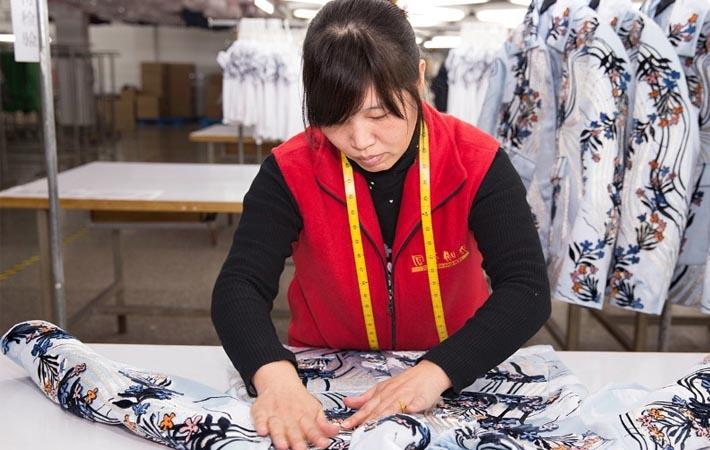
To support this development, H&M started with the initiative which had never been tried before in the textile industry, a Fair Living Wage strategy. The strategy was presented in Berlin at the conference on Living Wages in International Supply Chains in November 2013. The Sweden-based company is committed to support the creation of the necessary processes and mechanisms for fair living wages.
"I’m so proud of the dedicated work hundreds of colleagues around the world have done these past five years. We’re doing something that nobody has ever done before. The results of our work in creating the foundation for fair living wages are exceeding our expectations, reaching close to a million garment workers. Now, the work continues – together with the rest of the industry," said Anna Gedda, head of sustainability H&M group.
From the very beginning, we knew that the shared challenges connected to wages would require collaboration, H&M said in a press release. "The industry must come together to find solutions beneficial to all garment workers and factories. That is what we do with other brands and IndustriALL Global Union within the ground-breaking collaboration platform ACT. To achieve progress, we work to support industry-wide collective bargaining agreements, supported by responsible purchasing practices. This is an important part of our strategy done at industry level."
"Every garment worker should earn a wage that is enough to live on. It should be sufficient to meet the basic needs of the worker himself/herself and his/her family. This should be earned during legal normal working hour limits. This is our vision and a fundamental human right. As an industry, we have a shared responsibility to ensure that the jobs created in emerging markets lead to better lives for the people and communities involved," the release added.
"Our local teams in ten different production countries that work closely with industry stakeholders and more than 600 factories, have given us a unique possibility to try out new ways of working as well as draw conclusions on how to make our work even more efficient," Gedda. (RR)
ALCHEMPro News Desk – India
Receive daily prices and market insights straight to your inbox. Subscribe to AlchemPro Weekly!